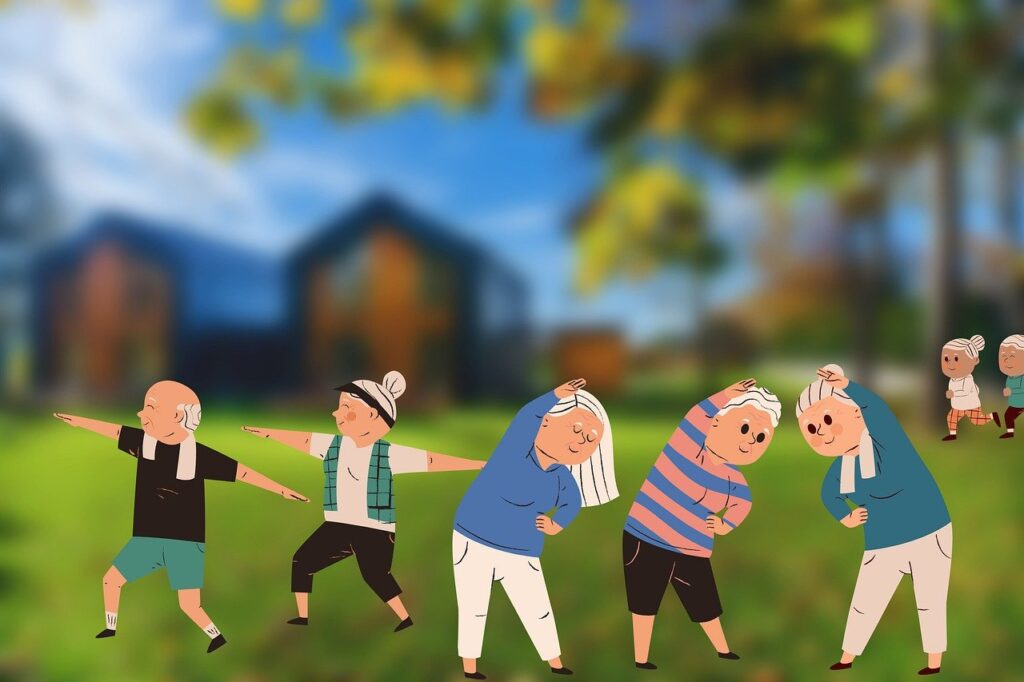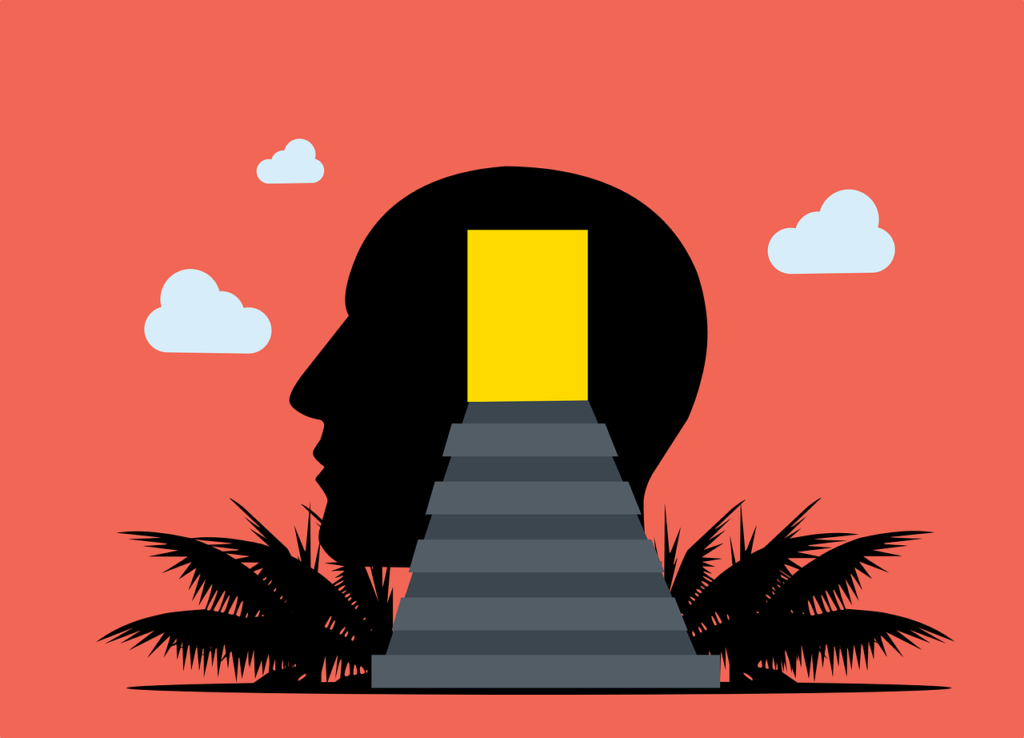Table of Contents
ToggleIntroduction
Mental health is as important as physical health, yet it’s often neglected or misunderstood. As the demands of daily life increase, taking care of our mental well-being has never been more crucial. Good mental health affects not only how we feel but also how we function, make decisions, and interact with others. In this article, we explore why mental health is essential and how prioritizing it can improve lives on a personal and societal level.
What is Mental Health?
Mental health refers to our emotional, psychological, and social well-being, shaping how we think, feel, and interact with others. It plays a key role in how we handle stress, make decisions, and navigate relationships. Essentially, mental health impacts every part of our lives, and taking care of it helps us lead more balanced, resilient lives, enabling us to face challenges with greater strength.

Why Mental Health is Important
Good mental health allows people to thrive, form meaningful relationships, and contribute positively to society. People with strong mental well-being can manage stress better, make more fulfilling life choices, and maintain healthier relationships. On a larger scale, mental health influences our communities and workplaces, creating more resilient, productive societies.
Positive Impacts of Good Mental Health:
- Personal: Enhances emotional stability, self-confidence, and resilience.
- Social: Supports positive relationships, empathy, and community involvement.
- Economic: Reduces healthcare costs and increases work productivity.

Prevalent Mental Health Conditions and Their Effects
Millions of people worldwide face mental health challenges, with anxiety, depression, and PTSD among the most common. If left unaddressed, these conditions can worsen, impacting every facet of a person’s life. For example, depression can make daily tasks feel overwhelming, and untreated anxiety can lead to physical symptoms like fatigue or even chronic pain.
Examples of Mental Health Disorders:
- Anxiety: Persistent worry that interferes with daily life.
- Depression: Intense feelings of sadness that affect one’s ability to function.
- Post-Traumatic Stress Disorder (PTSD): Trauma-induced stress that impacts day-to-day activities.
- Suggested Image: An infographic listing common mental health disorders with brief descriptions.
Barriers to Mental Health Care
Despite its importance, many barriers prevent people from accessing mental health care. Stigma remains one of the biggest obstacles, as some people may feel ashamed or fear judgment for seeking help. In addition to stigma, limited access to affordable care and a lack of awareness further contribute to this issue.
Key Barriers:
- Stigma: Social bias and misconceptions about mental health.
- Accessibility: Limited access to mental health facilities, especially in rural areas.
- Affordability: High cost of therapy and treatment options.
- Suggested Image: A person standing outside a healthcare facility looking uncertain.
The Link Between Mental Health and Physical Health
Mental and physical health are closely connected. For example, stress can lead to physical symptoms like headaches, while chronic mental health issues may weaken the immune system. Conversely, physical conditions such as chronic pain can take a toll on one’s mental health. Recognizing this connection can help us understand the full impact of mental health on our overall well-being.

How to Support Mental Health
There are many ways to support mental health, from individual practices to professional resources. Mindfulness, exercise, and social connections are key practices that improve mental resilience. Additionally, seeking help from a mental health professional can be an invaluable step for those experiencing ongoing challenges.
Ways to Support Mental Health:
- Practice Mindfulness: Helps reduce stress and increases self-awareness.
- Stay Connected: Builds social support and reduces feelings of isolation.
- Seek Professional Help: Therapy and counseling provide structured support.
- Somatic Yoga: One way to support mental health and improve overall well-being is through somatic yoga, a mindful movement practice that emphasizes body awareness and gentle, controlled movements. Unlike traditional yoga, somatic yoga focuses on connecting the mind and body by retraining the nervous system to release tension and promote relaxation. This approach can help reduce stress, improve focus, and create a sense of calm, making it an effective tool for managing mental health challenges. To learn more about incorporating somatic yoga into your wellness routine, explore our guide on somatic yoga and discover its unique benefits for both body and mind.

The Role of Society in Promoting Mental Health
Society plays an essential role in supporting mental health. Workplaces, schools, and communities can contribute by promoting mental health awareness and providing resources. Encouraging open discussions about mental health can also help reduce stigma, making it easier for people to seek the support they need.
Societal Contributions to Mental Health:
- Workplaces: Should offer mental health resources and promote a culture of openness.
- Schools: Can provide mental health education to help young people build resilience.
- Community Programs: Support mental health awareness and provide accessible resources.

Embracing Mental Health for a Better Tomorrow
Mental health is the foundation of a fulfilling and balanced life, yet it continues to be overlooked in many aspects of our society. Often overshadowed by physical health, the importance of mental well-being is just as critical to our overall health and happiness. Prioritizing mental health not only improves individual lives but also fosters a more empathetic, understanding, and connected society.
By taking proactive steps to support our own mental health and encourage those around us to do the same, we contribute to a culture where mental health is openly discussed, supported, and valued. The more we break down the stigma, the more people will feel empowered to seek help, leading to healthier, happier communities. It’s time to remove the shame surrounding mental health struggles and replace it with compassion, education, and resources.
Mental health is a crucial component of overall wellness, impacting not only individuals but also communities and societies as a whole. According to the World Health Organization, mental health disorders are a leading cause of disability worldwide, emphasizing the need for improved support and accessible resources. For more information on the global response to mental health challenges, including strategies for strengthening mental health services, visit the WHO’s mental health fact sheet.
Let’s work together to cultivate an environment where mental well-being is treated with the same respect and importance as physical health. After all, true wellness is about nurturing both the mind and body.




Thanks for the sensible critique. Me and my neighbor were just preparing to do a little research about this. We got a grab a book from our area library but I think I learned more from this post. I am very glad to see such excellent info being shared freely out there.